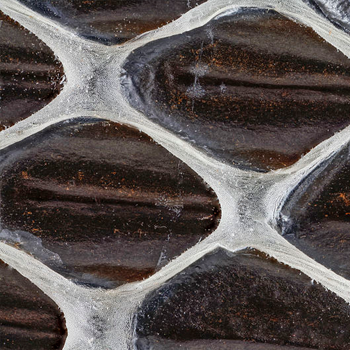How much work would it take to horizontally accelerate an object with a mass of 6 kg to 7 m/s on a surface with a kinetic friction coefficient of 1 ?
1 Answer
Explanation:
Concept 1
In the problem, it is important to note that there is no friction. In the formula,
F_f=muF_N
Concept 2
To solve the problem, you must use two formulas:
color(blue)(|bar(ul(color(white)(a/a)W=DeltaE_kcolor(white)(a/a)|)))
where:
W= work (joules)
DeltaE_k= change in kinetic energy (joules)
color(blue)(|bar(ul(color(white)(a/a)E_k=1/2mv^2color(white)(a/a)|)))
where:
m= mass (metres)
v= velocity (metres per second)
Solving for Work
Start by breaking down
W=DeltaE_k
W=E_(k,"final")-E_(k,"initial")
W=1/2mv_f^2-1/2mv_i^2
W=1/2m(v_f-v_i)^2
Substitute your values.
W=1/2(6kg)(7m/s-0m/s)^2
Solve.
W=1/2(6kg)(49m^2/s^2)
W=color(green)(|bar(ul(color(white)(a/a)color(black)(147J)color(white)(a/a)|)))

